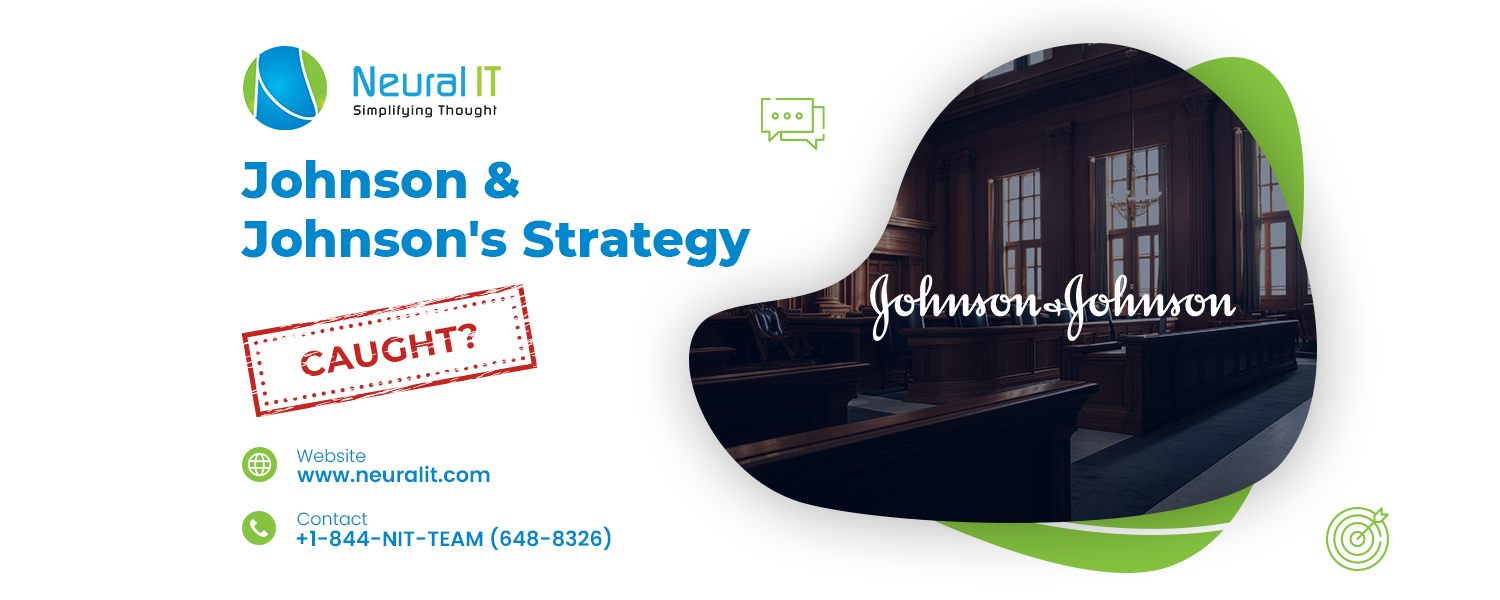FDA Launches New Panel to Review Talc Safety
FDA Launches New Panel to Review Talc Safety

Introduction
A panel of independent scientific experts convened this week at the request of the U.S. Food and Drug Administration (FDA) to evaluate the potential health risks associated with talc use in consumer products.
The roundtable discussion, which was publicly broadcast, marked the beginning of a broader FDA initiative to scrutinize controversial ingredients in everyday products.
Talc and Asbestos Concerns
Talc, or hydrated magnesium silicate, is a soft mineral commonly used in baby powder, cosmetics, and pharmaceuticals. A major concern stems from the fact that talc is frequently mined near asbestos deposits—a known carcinogen. If not rigorously purified, talc may become contaminated with asbestos fibers, posing serious health risks.
Health Risks Beyond Contamination
Beyond contamination concerns, research has suggested that even asbestos-free talc may carry risks. Studies have indicated that talc particles, particularly when applied to the genital area, can migrate into the body and potentially increase the risk of ovarian cancer through chronic inflammation and other biological mechanisms.
WHO Classification Raises Alarm
Concerns about talc intensified in June 2024 when the World Health Organization’s International Agency for Research on Cancer (IARC) classified even asbestos-free talc as “probably carcinogenic” to humans. This classification added weight to long-standing allegations and ongoing lawsuits related to talc exposure.
Legal Battles Over Talc Products
Johnson & Johnson, one of the primary manufacturers of talc-based products like Baby Powder and Shower-to-Shower, has faced over 90,000 lawsuits. Plaintiffs allege that use of the company’s products led to ovarian cancer or mesothelioma due to either asbestos contamination or talc’s pro-inflammatory effects. Many claims center on the failure of manufacturers to warn users about these risks.
Failed Bankruptcy Maneuver by J&J
Earlier this year, a U.S. Bankruptcy Judge in Texas dismissed Johnson & Johnson’s attempt to resolve the lawsuits through a $9 billion settlement by shifting liabilities to a subsidiary that then filed for bankruptcy. The court ruled the move lacked good faith, agreeing with plaintiffs and the U.S. government that it was an attempt to evade legal accountability.
As a result, active litigation continues in federal court, with all lawsuits centralized in the U.S. District Court for the District of New Jersey since 2016. A case management conference is expected soon, and the first federal trial may be rescheduled, offering insights into how juries may respond to the evidence.
Expert Consensus: Talc Should Be Replaced
During the FDA roundtable, the panel of researchers, toxicologists, and pathologists reached a strong consensus: manufacturers should phase out the use of talc due to its poor risk-benefit profile. The experts highlighted that safer, cost-effective alternatives to talcum powder are widely available and should be used instead.
Ongoing Research and Legacy Exposure
Panelists emphasized that research into talc’s health effects should continue, even if its use is discontinued. One pathologist on the American Board of Pathology noted that many people have already been exposed to talc over the years, and studying the long-term impacts, particularly on the gastrointestinal tract and other body systems, remains essential.
Communication Gaps and Inflammatory Disease Concerns
The discussion also highlighted a concerning disconnect between scientific findings and clinical awareness. The FDA Commissioner questioned whether chronic talc exposure could be contributing to a rise in inflammatory diseases such as inflammatory bowel disease (IBD), ulcerative colitis, and Crohn’s disease. He called for improved communication of risks to both the public and healthcare professionals.
Regulatory Impact of Panel’s Findings
While the panel does not hold regulatory authority, its conclusions are expected to influence FDA policies significantly. The agency often uses expert input like this to assess ingredient safety and decide on new warnings or regulatory changes.
Shift in Johnson & Johnson’s Strategy
In response to the growing scrutiny and litigation, Johnson & Johnson has already removed talc from its Baby Powder products. However, the company continues to deny that the products posed health risks. Notably, it has resolved approximately 95% of mesothelioma claims, while most of the remaining lawsuits relate to gynecological cancers, primarily ovarian cancer.
Looking Ahead
With the panel urging a move away from talc and regulatory interest increasing, the next steps in both public health policy and ongoing litigation will be critical. The upcoming federal trial may set the tone for thousands of pending cases, and the FDA’s future actions will likely shape industry practices regarding talc and similar ingredients.




